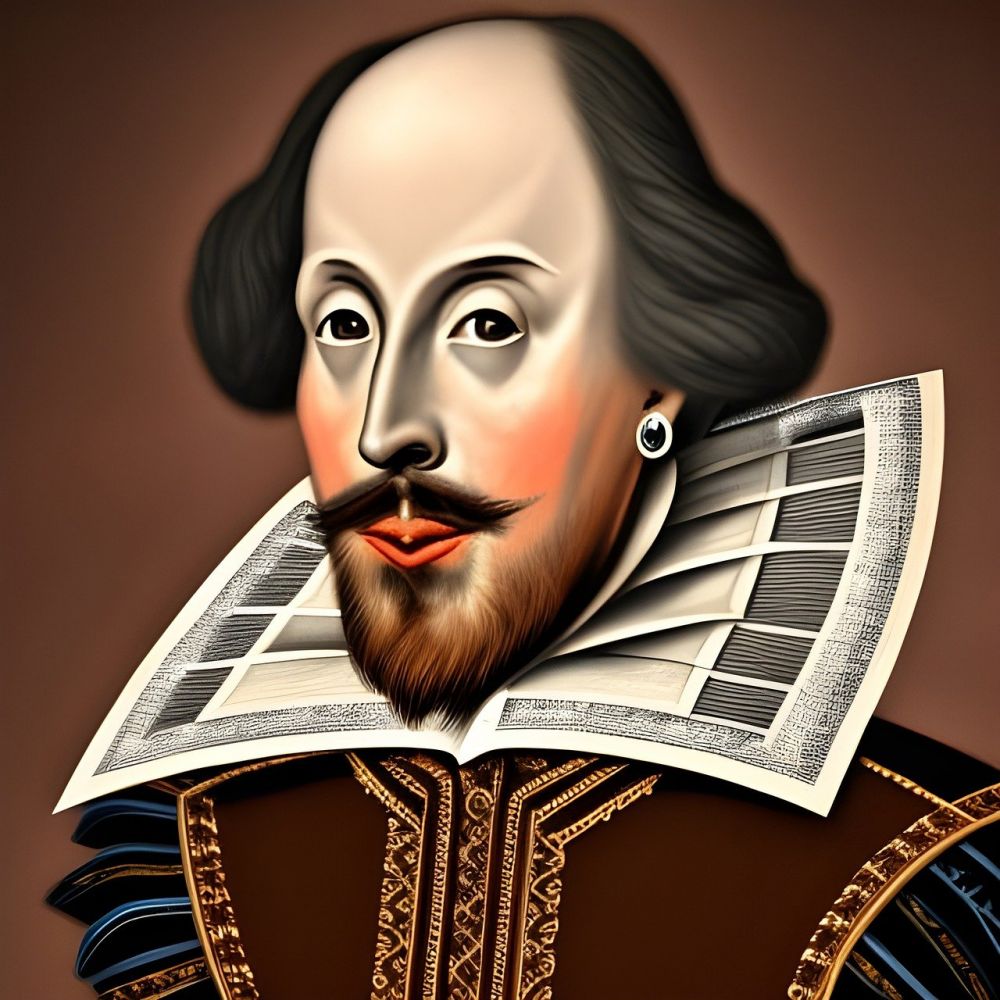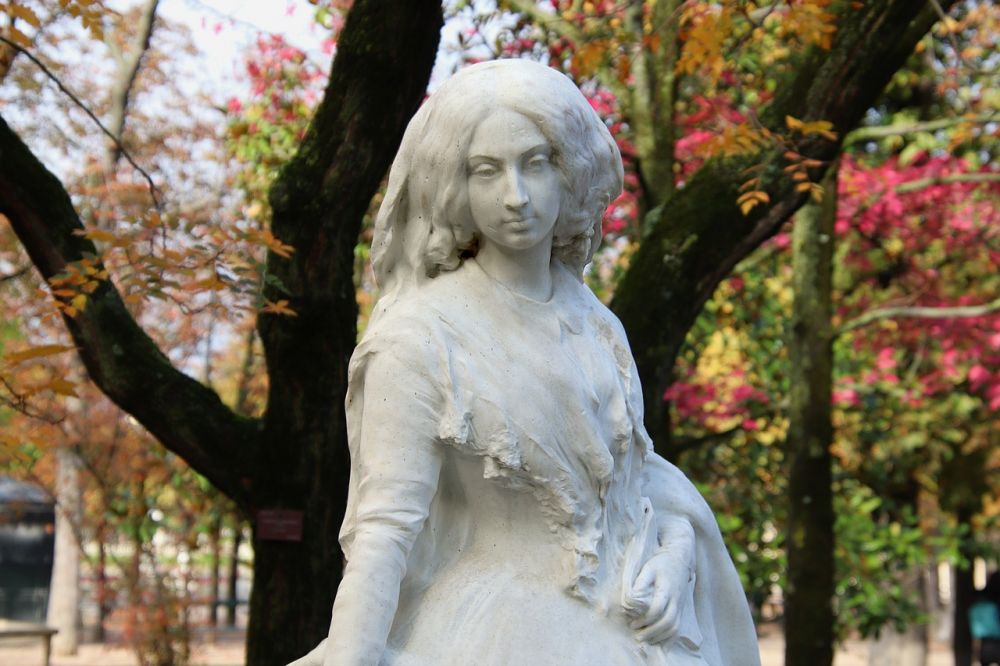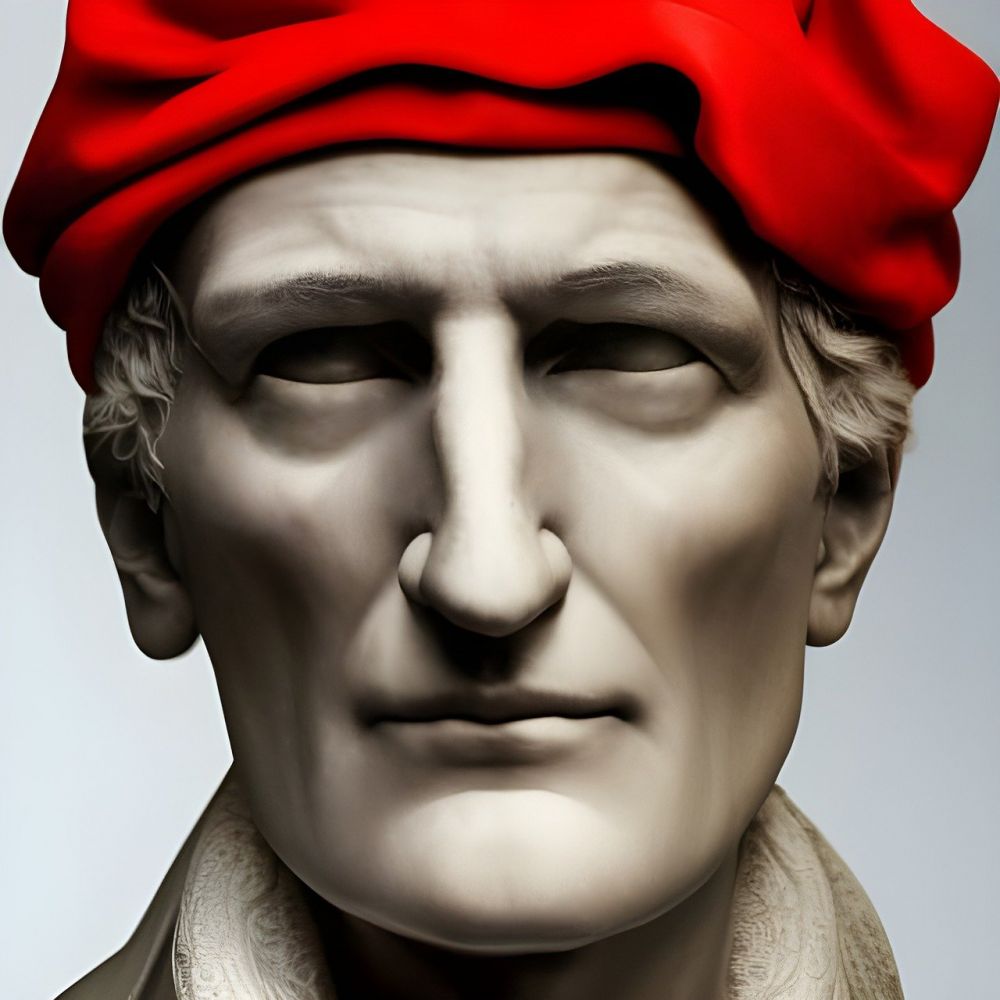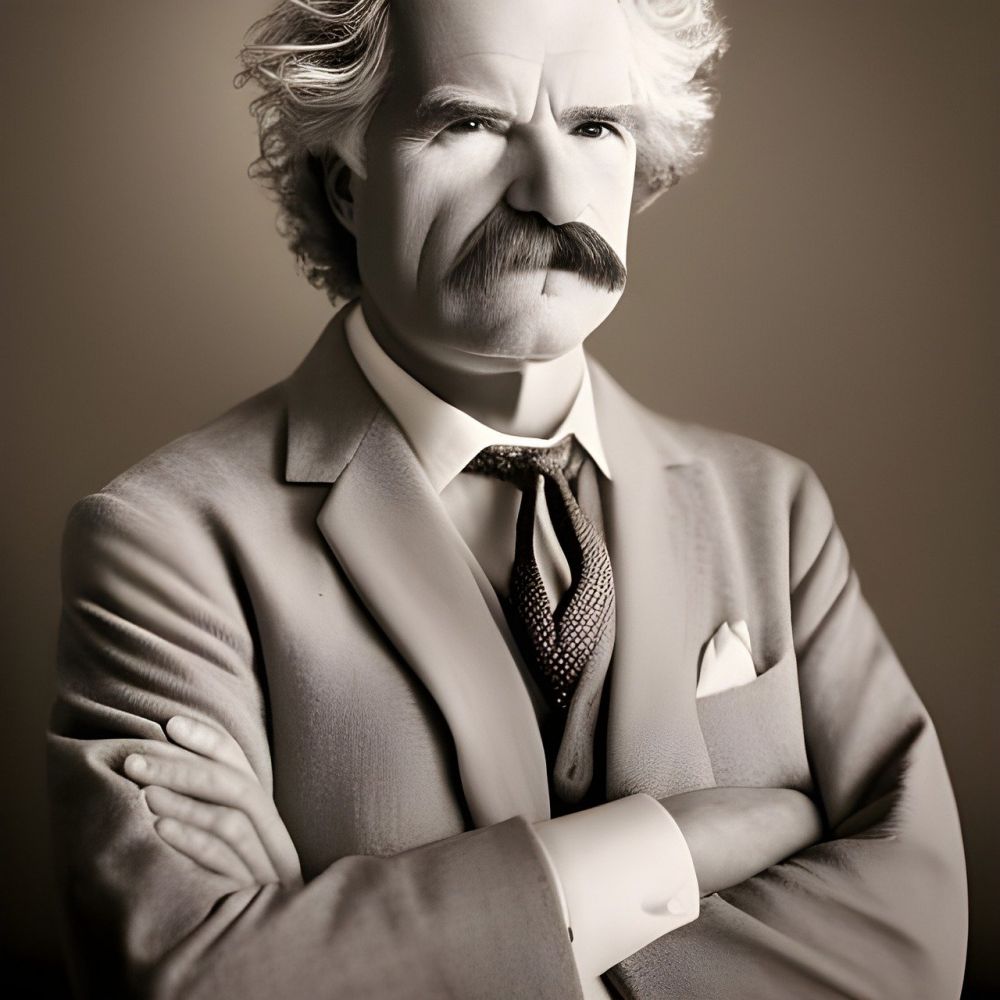George Orwell, one of the most influential and revered writers of the 20th century, left an indelible mark on the literary world with his astonishing masterpiece, Animal Farm


” Published in 1945, this allegorical novella presents a scathing critique of totalitarianism and explores the nature of power, corruption, and oppression. As an avid reader, it is crucial to acquaint oneself with the profound thematic concerns and historical context attached to this remarkable work.
“Animal Farm” is set on Manor Farm, a seemingly idyllic place where farm animals live under the tyrannical rule of Farmer Jones. The animals, driven by a deep desire for freedom and equality, revolt against their human oppressors and establish their own society governed by their self-made principles known as Animalism. Led by the pigs, Snowball and Napoleon, the animals enthusiastically embrace this new existence. However, as time progresses, the dream of a utopian society becomes increasingly elusive as the pigs consolidate their power, betray the ideal of equality, and succumb to their own ambitions.
Orwell ingeniously employs anthropomorphic characters to represent various historical and political figures. The boar Old Major symbolizes both Karl Marx and Vladimir Lenin, whose ideas influenced the Russian Revolution and the rise of communism. Snowball, resembling Leon Trotsky, represents the idealistic intellectual class, while Napoleon mirrors Joseph Stalin, the eventual dictator. Through this allegory, Orwell masterfully dissects the corrupting nature of power and the dangers of totalitarianism.
Over the years, “Animal Farm” has become a literary touchstone, resonating with readers across generations and societies. Its widespread appeal can be attributed to Orwell’s ability to encapsulate universal struggles and human frailties within a seemingly simple story. The timeless themes explored in the novella continue to evoke critical discourse, making it a staple in educational curricula worldwide. Orwell’s scathing critique of authoritarian regimes and his astute observations on the exploitation of power have ensured the work’s lasting relevance.
Furthermore, the historical context in which “Animal Farm” was written adds another layer of significance. Orwell penned this novel during a period of immense political upheaval marked by the culmination of World War II and the emerging Cold War. Drawing upon his own experiences witnessing the rise of totalitarianism, Orwell utilizes “Animal Farm” as a cautionary tale, warning against the dangers of political manipulation and the abuse of power.
The masterful structure of “Animal Farm” invites readers to reflect on its profound insights. The narrative unfolds through distinct phases, each symbolizing a significant moment in history. Beginning with the rebellion against Farmer Jones, the animals’ collective endeavor embodies the spirit of revolution and the initial optimism that accompanies it. However, with the abolishment of the Seven Commandments and the emergence of a ruling elite, the story takes a dark turn, exposing the perils of idealism untempered by accountability.
Orwell’s use of satire and allegory in “Animal Farm” elevates its impact, making it an enduring work of art. By employing simple language and familiar animal characters, Orwell captivates readers while simultaneously offering incisive commentary on the state of society. The stark juxtaposition between the animals’ initial aspirations for freedom and the ultimate corruption of their principles serves as a striking reminder of the fragility of democracy and the propensity for power to corrupt.
In conclusion, “Animal Farm” stands as a seminal work, encapsulating Orwell’s enduring legacy as a writer and political commentator. Its significance lies not only in its historical and political context but also in its ability to transcend time and inspire critical thinking. Orwell’s unflinching portrayal of totalitarianism and his exploration of power dynamics continue to resonate with readers, prompting introspection and a renewed commitment to vigilance in the face of oppressive regimes. “Animal Farm” remains an essential read for anyone interested in understanding the complexities of human nature and the dangers of unchecked authority.





